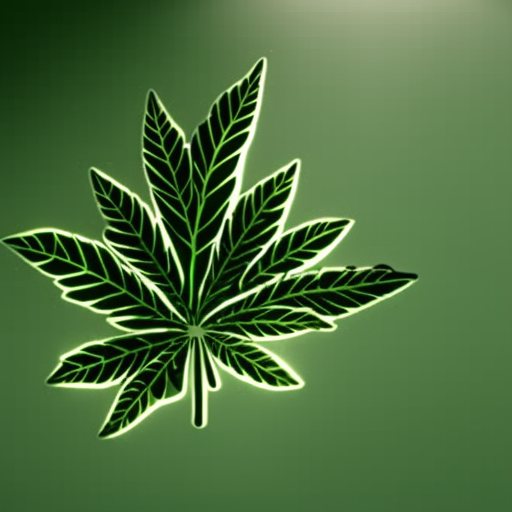
One of the most popular uses of cannabis or hemp products is for help with sleep. Many people who are seeking assistance with sleep but want to avoid the intoxicating effects typically associated with cannabis turn to CBD (cannabidiol) products. However, depending on the dose of CBD taken, it may actually make it more difficult to fall asleep.
The discovery of CBD dates back to 1940 when Roger Adams and his colleagues at the University of Illinois isolated cannabinol (CBN), followed by the isolation of CBD later that same year. At that time, little was known about the effects or chemical structure of CBD. It wasn’t until 1963 when Raphael Mechoulam elucidated the chemical structure of CBD, one year before elucidating THC. However, THC’s intoxicating effects took precedence in research, leaving CBD largely ignored.
In 2008, with the establishment of the first cannabis testing lab in the world, CBD was rediscovered and has since become a subject of extensive study.
Research on CBD’s relationship to sleep dates back to 1981 when a study showed that subjects receiving 160 mg of cannabidiol reported sleeping significantly more than those receiving a placebo. Lower doses were not reported to have a strong sedating effect. A literature review in 2012 summarized research from the past three decades and suggested that high-dose oral CBD (150-600 mg/day) may have therapeutic effects for social anxiety disorder, insomnia, and epilepsy but may also cause mental sedation. A study conducted on rats in 2013 confirmed these sedating effects in both rodents and humans.
A recent study in 2019 observed sleep benefits in some patients using CBD but noted inconsistent dosing as a limitation. However, they did observe that higher doses resulted in a longer duration of sleep.
Now, let’s dive into the complex relationship between CBD and sleep. While high doses of CBD (generally over 160 mg) are consistently associated with feelings of sedation, lower doses can have a completely different effect. In 1977, it was demonstrated that CBD could cause rats to sleep less. In 2006, a study showed that low doses of CBD induced alertness and suggested its potential therapeutic value in sleep disorders such as excessive somnolence. This concept was further supported by a literature review in 2014, which pointed out contradictory results on the effect of CBD on sleep and attributed them to differences in route of administration, vehicle used, doses, and subjects. A study in 2019 on narcolepsy suggested that CBD might prevent sleepiness in this condition.
It is important for consumers to understand their specific needs when seeking a CBD product to aid with sleep. If the core issue is a lack of sedation or drowsiness, a higher dose of CBD may be necessary. On the other hand, if the main problem is pain, racing thoughts, or other issues that CBD can address, a lower dose might be sufficient. It is also recommended to take CBD a couple of hours before bedtime to allow any alerting effects to wear off.
In conclusion, while CBD is commonly used for sleep support, its effects can vary depending on the dose taken. Higher doses are associated with sedation and increased duration of sleep, while lower doses may induce alertness. Understanding individual needs and experimenting with different doses are key in finding the optimal CBD regimen for improving sleep quality.

